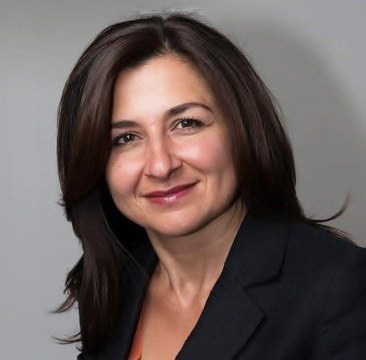Toula Kourgiantakis

Toula Kourgiantakis
Factor-Inwentash Faculty of Social Work
Professor Kourgiantakis is an Assistant Professor, Teaching Stream and Coordinator of the Simulation Program at the Factor-Inwentash Faculty of Social Work. Her research interests include social work education and use of simulation in social work teaching and assessment. Her research also focuses on family involvement in addictions and mental health.
As Simulation Coordinator, Professor Kourgiantakis has been working with colleagues and field instructors to integrate simulation in the classroom and the field. In 2015, Professor Kourgiantakis launched an innovative educational enhancement known as Practice Fridays. This voluntary simulation-based learning activity develops competence in interviewing and conducting assessments among Master of Social Work students and involves the collaboration of field instructors.
Professor Kourgiantakis is a Registered Couple and Family Therapist and a Clinical Fellow of the American Association for Marriage and Family Therapy. She is President of the Ontario Association for Marriage and Family Therapy (OAMFT) and a Council member for the Ontario College of Social Workers and Social Service Workers.
Professor Kourgiantakis’s Fellowship will focus on the redesign of a required second-year course in the Master of Social Work program for students specializing in the field of mental health. The redesign will result in the development and implementation of two simulation-based learning activities, whereby students will learn to conduct a comprehensive mental health assessment with a standardized client (including assessment of suicide risk and substance use).
While field education is a signature pedagogy of social work education, there are a number of challenges to providing quality field-education experiences, and simulation-based learning activities present an innovative approach to teaching and assessment of educational outcomes in the discipline that addresses these challenges. Working from a competency-based framework and identifying broad competences or outcomes for the course and specific competencies for the simulated learning activities, students will benefit from more instruction on social work practice in the classroom and will receive more focused feedback on their practice through direct observation.
